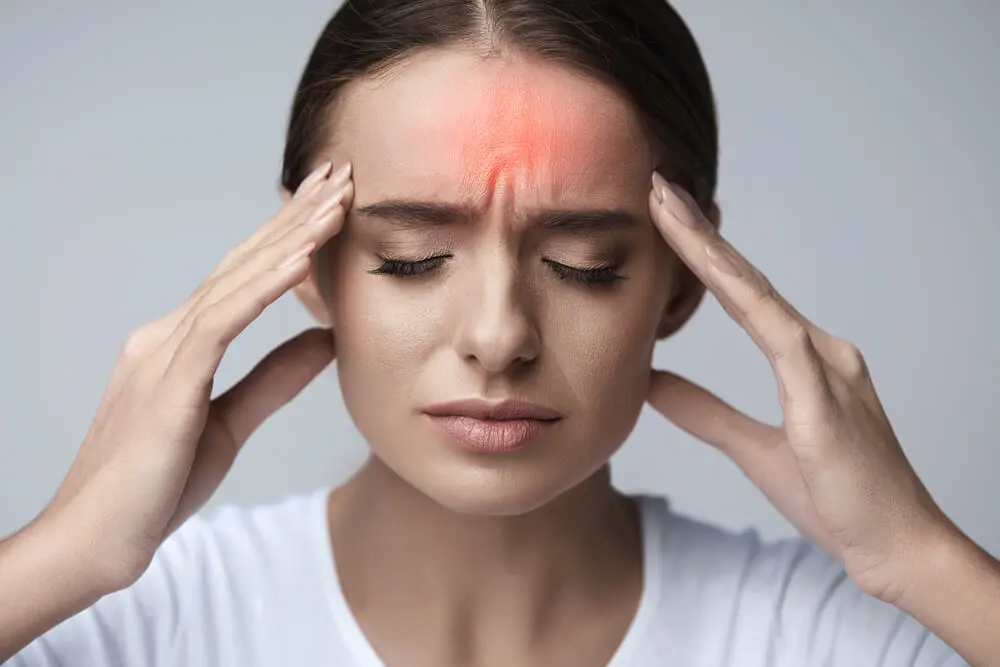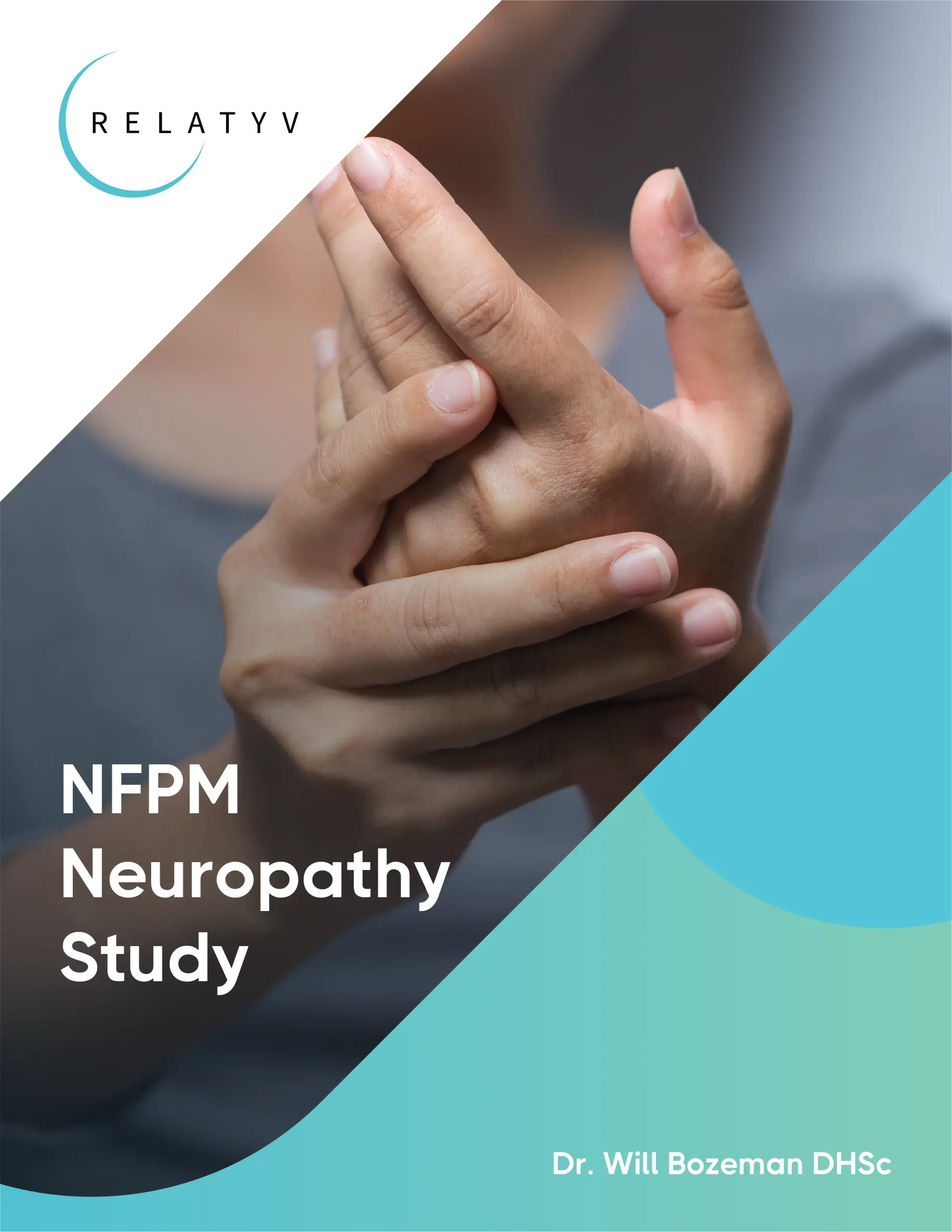Headaches are among the most common medical conditions that people experience. However, there are many different types, with tension headaches being the most common. They can range from mild to severe pain and affect people of all ages. Fortunately, a better understanding of the causes, symptoms, and treatment solutions of tension headaches can help you better manage the condition.
What Is A Tension Headache?
A tension headache is a type of headache caused by muscle contractions in the head and neck. Muscles are usually tight due to stress, anxiety, poor posture, or other factors. This tension can cause pain in the forehead, back of the head, and temples. It is important to note that tension headaches differ from migraines and cluster headaches. There are also two types of tension headaches: episodic and chronic tension-type headaches.
Episodic Tension-Type Headaches
Episodic tension-type headaches are the most common type of tension headache. They last anywhere from 30 minutes to a few days and occur infrequently or several times a month. Episodic tension-type headaches are usually mild to moderate, which makes managing them fairly easy.
Chronic Tension-Type Headaches
Chronic tension-type headaches are less common than episodic ones but can be more severe. They occur 15 or more days a month and can last anywhere from 30 minutes to a week. As a result, managing chronic tension-type headaches can be more challenging.
Tension Headache Symptoms
Different types of headaches can cause different types of headache pain — as well as other symptoms. The following are common symptoms of tension headaches.
Steady, Dull Ache In The Head
A mild-to-moderate tension headache will typically cause a steady, dull ache that is usually concentrated in the forehead, temples, or back of the head.
Pressure From All Sides
Tension headaches can also cause a type of pain that is described as feeling pressure from all sides. This pressure may feel like it is squeezing the head or pushing from the inside out. It is also common for people to have this type of pain that comes and goes throughout the day.
Muscle Tenderness
Tension headaches can cause tenderness in the head and neck muscles. This can make it difficult to move the head or even touch certain areas of the head or neck.
Difficulty Focusing
Tension headaches can also cause difficulty focusing on tasks. People may struggle to concentrate, pay attention, or remember things. This happens because the pain can interfere with concentration and make it difficult to think clearly.
Irritability or Fatigue
Tension headaches can also cause irritability or fatigue due to the pain. People may also feel more sensitive to light and sound, which can lead to an increased feeling of discomfort and irritability. Not to mention that constantly dealing with tension headaches can drain your energy, resulting in irritability and/or fatigue.
Dull Headache
Although many people will try to treat their dull headaches using over-the-counter (OTC) pain medications, doing so may not offer long-term relief. OTC medications only provide temporary relief from the symptoms and don’t treat the root cause. In addition,...
Cognitive Impairment
Cognitive impairment describes any decline in cognitive abilities, such as memory, language, problem-solving, and attention. Such impairments can be a sign of more serious conditions, such as dementia or Alzheimer's disease, but they can also be the result of...
Sensitivity To Light And Sound
Sensitivity to light and sound can be a strange, uncomfortable condition that often leaves sufferers feeling out of control. It can make it challenging to get through the day, as normal activities become hard to bear, whether it’s going shopping under...
Tiredness, Nausea, and Weakness
If you are struggling with chronic tiredness, weakness, and nausea, you may be battling limitations in all aspects of your everyday life - from reduced productivity at work to pain, discomfort, and low energy levels. And the situation may be made worse by the...
Difficulty Focusing
Difficulty focusing or concentrating refers to the inability to maintain attention on a specific task for an extended period. It can manifest in various forms, such as being easily distracted, having trouble staying organized, and feeling overwhelmed by...
What Causes A Tension Headache
Considering all the different symptoms of tension headaches, it can be challenging to pin down the exact cause. However, there are some common causes that have been identified through research and observation. The following are some of the most common causes:
Eye Strain
Eye strain, which is often caused by staring intently at one thing, like a computer screen, for long periods of time, can put extra tension on the eyes and the muscles around them. This can lead to tension headaches, especially if the eyes do not rest periodically.
Dental Problems
Constantly clenching or grinding your teeth can strain the muscles and ligaments around the jaw, leading to tension headaches. It is also important to note that if you have a dental issue, such as an infection or an abscessed tooth, it can also cause pain in your head and neck area.
Cold, Flu, or Sinus Infection
If you have a cold, a sinus infection, or the flu, your immune system will release cytokines, which are molecules that help fight infection. However, these cytokines can also cause inflammation in the head and neck area, leading to tension headaches.
Sleep Problems
Believe it or not, but a lack of sleep can contribute to tension headaches during the day. This is because sleep deprivation decreases the neural plasticity in the brain. Neural plasticity refers to the ability of the brain to adapt and change in response to stimulation. Without adequate rest, the brain doesn’t have the time it needs to rest and repair itself, resulting in tension headaches.
Stress
Finally, stress is one of the most common causes of tension headaches. Stress can cause the body to tense up, leading to muscle tightness that can cause headaches. Additionally, stress can disrupt the body’s natural ability to relax and rest, leading to further tension in the head and neck muscles.
How Physicians Diagnose Tension Headache
Physicians typically gather personal and family medical histories to diagnose tension headaches. They will ask about the specific symptoms the patient is experiencing, how frequently the headaches occur, and how long they are lasting.
Physician Examination
They may also conduct a physical exam to check for any muscle tenderness or painful areas in the head and neck and ask about the patient’s symptoms.
Imaging
In addition, the physician may order blood tests or imaging studies such as an MRI or CT scan to rule out other underlying medical conditions that can cause similar symptoms.
Headache Diary
To further diagnose tension headaches, the physician may also have the patient complete a headache diary, which is a record of the patient’s headaches. This can help the physician better understand the pattern of symptoms and determine if tension headaches are the cause.
Common Misdiagnoses Of Headaches
Headaches are among the most common medical complaints, yet they can often be misdiagnosed. This is because tension headache symptoms such as pain and sensitivity to light can be associated with various conditions, including migraines, sinusitis, and other types of headaches as well as more serious medical conditions. In fact, there are 200 different classifications of headaches, which can make it difficult to determine the cause. Misdiagnosis of a headache can lead to unnecessary treatments and a delay in getting the correct diagnosis and treatment.
Additionally, headaches can be broadly classified as either primary or secondary disorders. Primary headaches occur independently, while secondary headaches are symptoms of another underlying condition. Primary headaches are usually episodic and can be managed with lifestyle changes and medications. In contrast, secondary headaches are often more persistent and need further investigation to identify the underlying cause.
If a headache is recurring or lasts for an extended period, it is vital to seek medical attention, as it could be a symptom of an underlying medical condition. A physician will conduct a physical examination and review the patient’s medical history to help determine the cause of the headache and prescribe treatment accordingly.
Conventional Treatment Options for Tension Headaches
Because of how common headaches are, various treatment options are available. The following are the conventional treatments that many medical professionals will prescribe to help patients manage tension headache pain:
Medication
Medications are often the first line of treatment for tension headaches. Over-the-counter (OTC) medications such as acetaminophen, ibuprofen, or naproxen can help reduce inflammation and pain. In addition, prescription medications such as muscle relaxants may be prescribed to help relieve muscle tension and pain.
Although medication can provide short-term relief, it is essential to note that stronger headache medications can be associated with side effects. Not to mention that such medications only address the symptom, not the underlying cause. Finally, taking headache medications too often can lead to headache rebound, which is when you start having headaches when you stop taking the medication. It’s similar to a withdrawal.
Exercise
Exercise is an important part of managing tension headaches. Regular exercise helps to reduce muscle tension and stress, which can help prevent and reduce the frequency and severity of headaches. Low-impact exercises such as walking, swimming, or cycling can be particularly beneficial for relieving tension headaches.
Massage and Physical Therapy
Massage is another effective treatment option for tension headaches. Massage can help relax the muscles and reduce the intensity of a headache. In addition, physical therapy can help strengthen the neck and back muscles to relieve tension headaches. Massage therapy can also help reduce stress, another contributing factor to tension headaches.
Chiropractic Care
Chiropractors are trained to manipulate the spine and neck, which can help reduce muscle tension and improve blood flow to the head. However, it should be noted that studies on the effectiveness of chiropractic care for tension headaches are limited. Additionally, there’s no regulating body for chiropractic care, which means that there’s a risk of receiving chiropractic treatments that may not be beneficial and could even lead to more problems.
How Neuragenex NFPM Provides Tension Headache Relief
If you’re suffering from chronic tension headache pain, our protocol can help provide long-term relief. This is because the Neuragenex Neurofunctional Pain Management approach to treatment focuses on addressing the underlying condition that is causing your headache without resorting to risky treatment solutions – such as invasive procedures, prescription medications that can cause side effects or dependency – or chiropractic care.
Our holistic protocol uses non-invasive, drug-free, and non-chiropractic modalities such as electroanalgesia, IV therapy, and lifestyle counseling to help manage the pain associated with tension headaches.
Electroanalgesia
Electroanalgesia is a pain management technique that uses high-pulse electrical current to ease pain, boost blood circulation, improve mobility, and induce...
IV Therapy
IV nutritional therapy, or intravenous therapy, involves administering vital nutrients directly to the bloodstream through an IV. This type of treatment bypasses the digestive system, allowing for maximum absorption and utilization of nutrients by the...
Lifestyle Counseling
Lifestyle counseling is an approach to managing chronic pain that involves identifying, assessing, and modifying lifestyle factors contributing to an individual's pain. For example, lifestyle factors such as nutrition, physical activity, stress, sleep quality...
Actively Manage The Pain Associated With Tension Headache
The combination of electroanalgesia, IV therapy, and lifestyle counseling is an effective approach for providing relief from tension headache pain. Neuragenex Neurofunctional Pain Management can help you actively manage the pain associated with tension headaches, restoring your quality of life without resorting to risky treatments or medications. In addition, by targeting the underlying causes of tension headache pain, we can provide long-term relief and help you live a healthier life.
Seek a long-term pain management solution for tension headaches. Schedule a consultation with us to get started.





